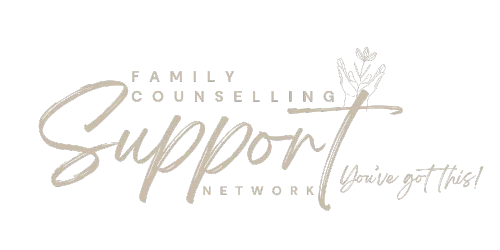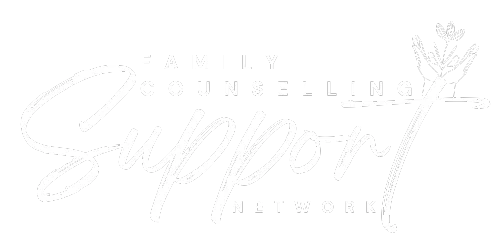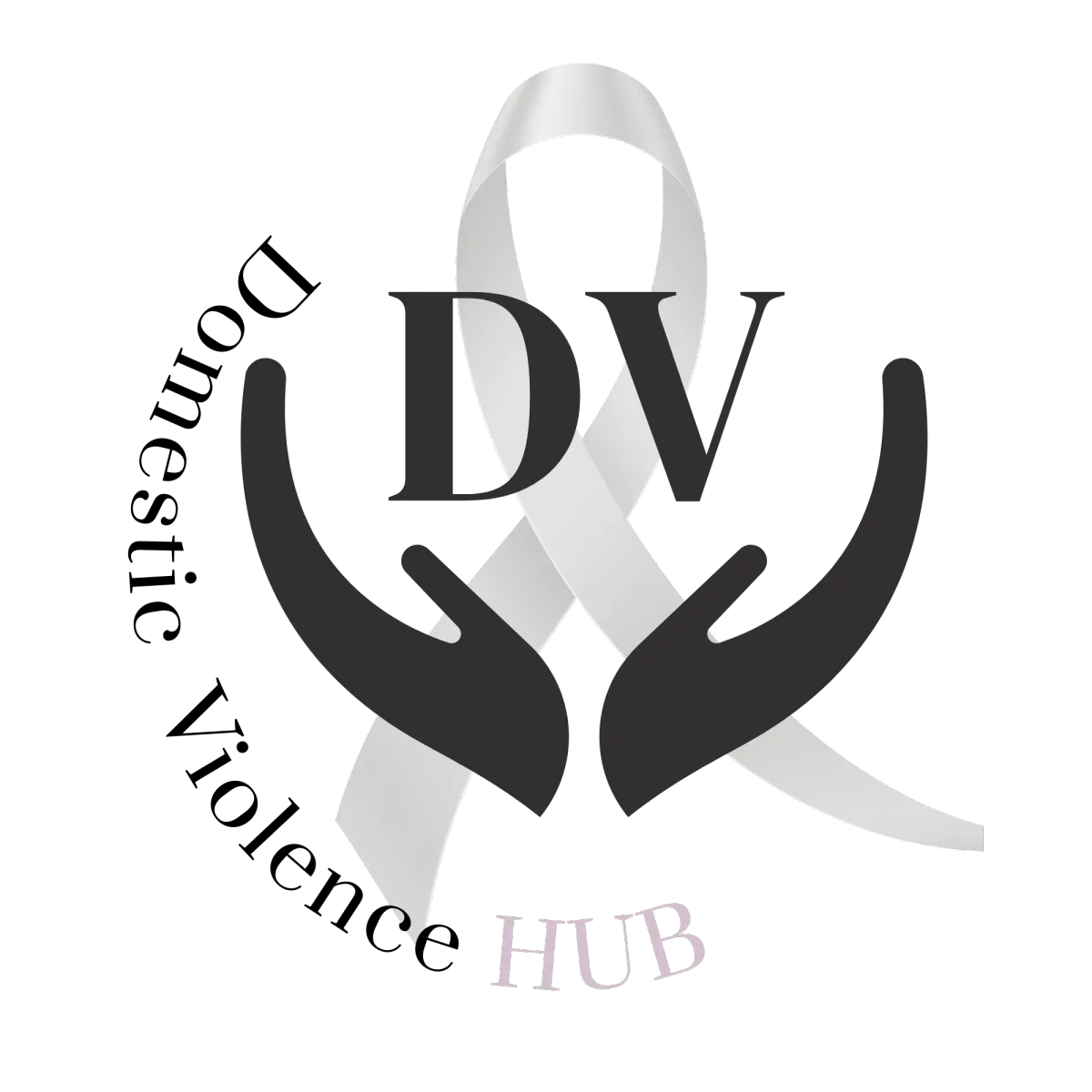Support Courses & Webinars
This website is under construction
Rural Women's Support hub is part of the Family Counselling Support Network company
which offers Australians health and wellness support no matter who, where and why.

Lorem ipsum dolor sit amet. Id ullam voluptates et maiores enim qui nihil iusto ut odit alias ut nesciunt debitis. Et asperiores numquam ex libero eius ab tenetur molestias ut Quis iure. At voluptatem quisquam qui nihil enim qui nemo galisum. Est optio esse et rerum fugiat sed corrupti culpa ea modi dicta est magnam sunt a eius temporibus qui officiis voluptatibus.
Susan, your additional content goes here
Rural Support Courses and Webinar Blogs

Post Separation Abuse
In many cases of post separation abuse, victims report there had been very few signs, if any, of abusive behaviour and/or coercive control throughout the relationship until the decision was made to separate. This is particularly true when the victim was the one who elected to leave.
Making the decision to separate or divorce is extremely difficult, especially if children are involved, but the emotional and physical consequences of then having to face post separation abuse can be highly traumatic. The abuse is often largely about coercive control, financial abuse, IT abuse and other methods used to assert power over the victim and their family. It is not uncommon for an ex to disregard the children’s needs such as missing important school deadlines, homework or social commitments simply to cause grief and psychological pressure for the other parent.
Often victims report feeling:
- Traumatised to make a decision.
- Mistrusting and insecure of themselves and others around them.
- Questioning their decision and sanity.
- Heartbroken and scared for their children with whom they share with their ex.
- Fearful of how far their former partner will go and their next move.
- Overwhelmed by negativity and unable to see the good in the things.
- Disbelieved by many about the behaviour of the abuser.
- Emotionally and financially confused and depleted.
- Stressed, anxious and often depressed.
When looking at child contact, the safety of the children should always be the primary concern. Keep in mind that when looking at the risk that a perpetrator poses to their victim, past behaviour is the most reliable indicator of future behaviour. When considering the risk of post-separation abuse, particular care should be taken where perpetrators have a history of coercive controlling behaviour.
If you are concerned that you are experiencing post separation abuse, please reach out to one of our professional counsellors or coaches who understand the nature of this abuse and can assist you with strategies to manage dealing with high conflict and/or abusive relationships.

Rural Support Hub Directory
This site is brought to you by Family Counselling Support Network
Book in with one of our professionals today

FAQS

We are here to help
Question 1
How can I book your online webinars and courses
Question 2
How can I add our business, event or activity to our directory?

Question 3
How does the parent directory work?


We are committed to protecting your personal information and respecting your privacy. This website uses cookies to analyze website traffic and optimise your website experience. By accepting our use of cookies, your data will be aggregated with all other user data.
DISCLAIMER: The material contained on this website is for general educational and information purposes only and is not a substitute for professional legal, financial, medical or psychological advice or care. While every care has been taken in the information provided, no legal responsibility or liability is accepted, warranted or implied by the authors or Family Counselling Support Network and any liability is hereby expressly disclaimed. For specific advice please contact us at [email protected]. All information contained on the website remains the intellectual property of Family Counselling Support Network and is for your personal educational use only. The information must not be reproduced or distributed without the express permission of Family Counselling Support Network.
Family Counselling Support Network acknowledges and respects the First Nations Custodians of the land where our offices stand, and where we work to help Australians. We pay respects to their Elders, past present and emerging, lore, customs and creation spirits. We recognise that these lands have always been places of ceremony, teaching, research and learning, and we acknowledge the important role Aboriginal and Torres Strait Islander peoples play in our community.
We are committed to providing an inclusive and accessible environment where people and communities of all identities and backgrounds are accepted, safe and celebrated.
Privacy Policy | Terms and Conditions















